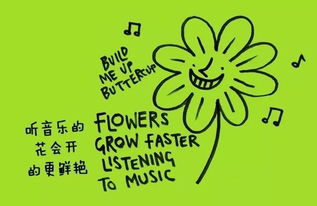
Exp

loring the Intricacies of Chinese-English: A Trip Down Linguistic Memory Lane
Chinese-English, also known as Chinglish, is a peculiar form of language that has baffled and entertained people for generations. It is a curious mixture of English words, Chinese grammar, and local slang that is largely unique to China. While Chinglish can sometimes lead to confusion and misunderstandings, it has also become a cultural symbol and source of amusement to both locals and foreigners.
The history of Chinglish can be traced all the way back to the early 1900s, when China was going through a period of modernization and Westernization. Many educated Chinese at the time saw the learning of English as essential for success and advancement in the modern world. However, due to limited resources and inadequate language education, most Chinese at the time could only acquire basic English skills.
This resulted in a form of English that was heavily influenced by the way Chinese people spoke their native language. English words would often be translated directly into Chinese, creating awkward and sometimes unintelligible phrases. On the other hand, some Chinese words and phrases would be loosely translated into English, resulting in comical and sometimes nonsensical sentences.
One of the most famous examples of Chinglish is the phrase “please don’t spit” that is often seen on signs in public places in China. While the intention of the sign is clear, the use of the word “spit” instead of “saliva” or “sputum” makes the message sound rather crude and indelicate.
Despite its occasional awkwardness, Chinglish has become a beloved part of Chinese culture. In fact, many Chinese people take pride in their ability to decipher and appreciate the unique linguistic quirks of Chinglish. Some even view it as a badge of honor, a symbol of their bilingualism and cultural identity.
To this day, Chinglish continues to evolve and adapt to the changing times. With the rise of social media and the internet, new forms of Chinglish, such as “Engrish” and “Ginglish”, have emerged. These new forms of Chinglish incorporate popular slang and memes from around the world, creating a language that is both innovative and constantly evolving.
In conclusion, Chinglish is a fascinating and unique aspect of Chinese culture that has captivated people for generations. Its origins can be traced back to a time when China was undergoing rapid modernization and Westernization, and as such, it represents an important part of China’s linguistic and cultural history. While it can sometimes cause confusion and misunderstandings, Chinglish has also become a source of amusement and pride for many people, both in China and abroad.